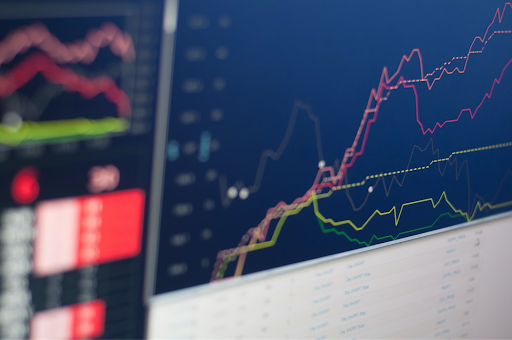
The stock market is never still. Every day, there are price swings and twists that can change the way your portfolio performs, but every so often, the magnitude and frequency of these swings go up, and this is when the market is considered volatile.
What is a Volatile Market?
Put simply, volatility is the rate and speed at which a stock will increase or decrease during a particular period. So if a stock is fluctuating rapidly over just a few days, then it is considered to have high volatility. Similarly, if the market as a whole is twisting and turning, then it will be described as a volatile market, meaning there is a higher risk involved when investing in it, and makes it more difficult to predict what might happen in the future.
Is This a Good or Bad Thing?
In the past, volatility was deemed to be a negative thing for investors. As mentioned before, the higher the volatility, the more risky it is to manage a portfolio. This is because it gets rid of the security of a stable market – especially for long-term investments, new highs and lows can inject fear of loss, and can lead to investors making unnecessarily bad investment decisions. In 2023, however, volatility has taken on a new meaning.
Right now, new tech has made it possible to analyze even a heavily fluctuating market, which takes the edge off investors who would typically be drawn to false conclusions. To give an example, FINQFULL’s ai-based stock ranking is derived from an AI engine that analyzes stock and collects vast amounts of data to provide strategic insights. After processing this information, it ranks the stocks, delivering a comprehensive ranking of all S&P 500 stocks. This comprehensive ranking gives investors a relative viewpoint, enabling them to understand the comparative performance of one stock against another.. This makes it easier to get a fuller understanding of the market, even during volatility, and cuts out the risk of making the wrong, uninformed decisions.
Why Would Stock Become Volatile?
There are several factors that can lead to stock becoming volatile. The most prescient would be industry factors – each stock is tied to a particular industry and sector, so if prices increase in this sector, or an event happens that could cause uncertainty, then the stocks would fluctuate to reflect that. Stock can also relate to a single company, so if the performance of the company drops or rises, then the stock could rise or fall to reflect either positivity or negativity. Other factors include outside influence, such as the world’s economic outlook – this would typically impact the entire market volatility, making stocks shift and become volatile.
Opportunity In The Market
Volatility, in itself, suggests that there will be opportunity. Every investor is always looking for new ways to manage their portfolio and elevate their returns. Because prices fluctuate unpredictably, a volatile market can provide that opportunity, especially with stock that is seeing larger-than-normal price swings. Of course, caution should always be exercised, even with the latest tech. But in the ever-changing world of the stock market, volatility is not necessarily a bad thing.
Interesting Related Article: “Stock Market Terms Every Investor Should Know“

